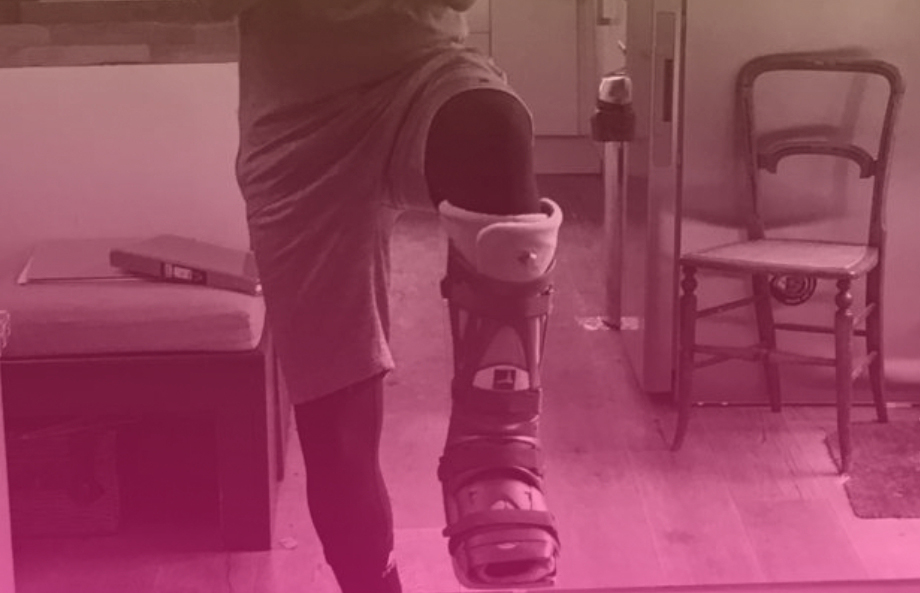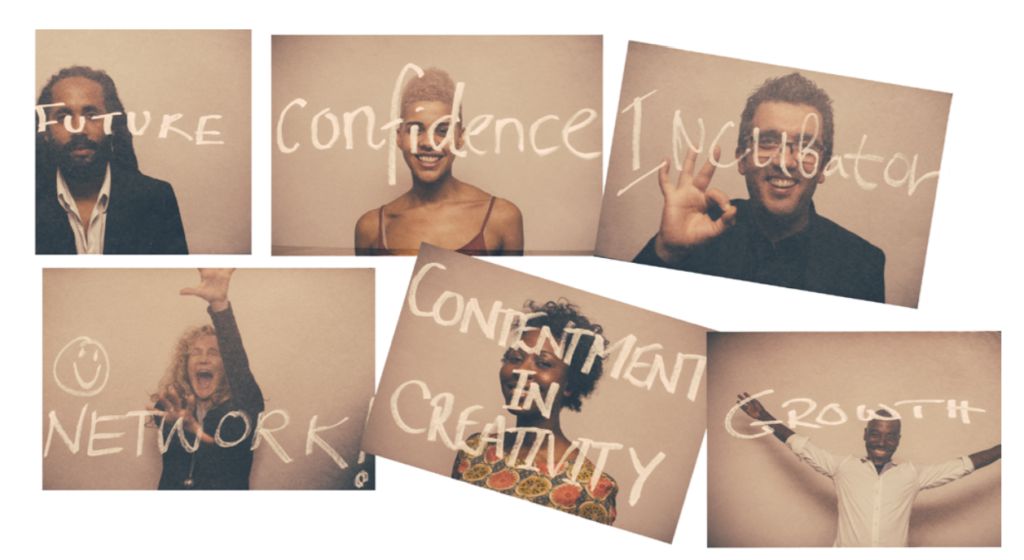
WHY ARTS COUNCIL ENGLAND MUST MAKE A STEP CHANGE IN ITS FUNDING TO BLACK AND BROWN ORGANISATIONS, STARTING THIS YEAR.
Published Wednesday 1st June, 2022 on LinkedIn
The war in Ukraine, the cost-of-living crisis, the Northern Ireland protocol, levelling up and partygate have pushed Black Lives Matter from the headlines. And the priority given to underlying racial inequalities – in education, criminal justice and the arts – has gone too. As some predicted, the pendulum is swinging back to the ‘old normal’.
In October 2022 the largest public funder of the arts (Arts Council England) will announce the successful applicants to its £1.64bn* National Portfolio funding programme. The funding of BAME** organisations within this scheme is currently at a shockingly low 2.4% (it should be 14% to be racially equitable).
Small incremental increases won’t be enough. Even if Arts Council England increased its funding to Black and Brown organisations at 2% above inflation in all future funding rounds, it would still take 140 years to achieve racially equitable funding. This is untenable. Equity delayed is equity denied.
We are calling on ACE to make a step change increase in funding to at least 7%. It has taken 75 years to achieve the current low level, so a rise to 7% in a single funding round would be a significant step to making racially equitable funding a reality.
These funding applications are being assessed now and decisions will be made by the autumn. So, we are running a social media campaign over the next 4 weeks to drive our aim to achieve equitable funding in the arts by 2031, starting with a significant increase this year.
* This figure has been updated from an estimated £1bn to the more accurate figure of £1.64bn of public and private grants that is spent on arts and culture each year.
** We have used the abbreviation BAME. We recognise the diversity of individual identities and lived experiences, and understand that BAME is an imperfect term that does not fully capture the racial, cultural and ethnic identities of people that experience structural and systematic inequality.

DIVERSITY AT THE QUEEN’S PLATINUM JUBILEE CONCERT – GOOD REPRESENTATION OR CYNICAL EXPLOITATION?
Published Wednesday 8th June, 2022 on LinkedIn
Black and Brown artists were over-represented at the platinum jubilee concert last weekend. These communities have an abundance of talent and, when called upon, are proud to contribute to national celebrations and cultural moments. These include the opening and closing ceremonies of the 2012 Olympics, the wedding of Meghan and Harry as well as the platinum jubilee concert. Seen by millions at home and billions abroad, these spectacles project the story we tell ourselves – one of an integrated, harmonious and diverse society.
But this isn’t the real story. The underlying contradictions are stark. Only 2.4% of Arts Council England‘s funding goes to BAME* organisations. If this level of investment had been reflected on the jubilee concert stages, Black and Brown performers would have barely been visible. While we are rolled out in large numbers to perform on a world stage, we’re almost invisible when it comes to funding at home.
As the Queen celebrates her platinum jubilee and ACE marks its 75-year reign, it’s time to validate – through an equitable funding system – the diverse culture we are happy to promulgate globally. If the cultural and artistic output of Black and Brown creatives is good enough for Queen and country, it must surely also deserve equitable investment.
In October this year, ACE will announce the successful applicants to its £1.64bn** National Portfolio funding programme. We are calling on them to make a step change increase in funding to BAME arts organisations, from a shockingly low 2.4%, to at least 7%. A rise to 7% or more in a single funding round would be a significant step to making racially equitable funding a reality in our lifetimes.
These funding applications are being assessed now and decisions will be made by the autumn. So, we are running a social media campaign throughout June to drive our aim to achieve equitable funding in the arts by 2031, starting with a significant increase this year. Make your voice heard and show your support by liking, sharing and commenting every Wednesday on LinkedIn.
* We have used the abbreviation BAME. We recognise the diversity of individual identities and lived experiences, and understand that BAME is an imperfect term that does not fully capture the racial, cultural and ethnic identities of people that experience structural and systematic inequality.
** This figure has been updated from an estimated £1bn to the more accurate figure of £1.64bn of public and private grants that is spent on arts and culture each year.

WHY ARTS COUNCIL ENGLAND MUST REDUCE FUNDING TO WHITE-LED ARTS AND CULTURAL INSTITUTIONS
Published Wednesday 15th June, 2022 on LinkedIn
Currently, 2.4% of Arts Council England (ACE) funding goes to Black- and Brown-led organisations. This should be 14% to be in proportion to England’s BAME* population. In October 2022 Arts Council England will announce the successful applicants to its £1.64bn** National Portfolio funding programme.
To achieve a racially equitable distribution of grants under this scheme, ACE must take bold decisions and reduce funding to the larger White-led organisations in its portfolio.
These institutions continue to receive a disproportionate amount of the sector’s finite resources. As a result, equitable funding is denied to Black- and Brown-led organisations.
We call on the Arts Council leadership to take the decisions necessary to award a minimum of 7% of its grants to Black- and Brown-led organisations. It has taken 75 years to get to the current low level, so an increase to 7% in a single funding round would be a significant step.
ACE is making these funding decisions over the next few weeks. We are running a social media campaign each Wednesday to make the case for equitable funding. Make your voice heard and show your support by liking, sharing and commenting every Wednesday on LinkedIn.
* We have used the abbreviation BAME. We recognise the diversity of individual identities and lived experiences, and understand that BAME is an imperfect term that does not fully capture the racial, cultural and ethnic identities of people that experience structural and systematic inequality.
** This figure has been updated from an estimated £1bn to the more accurate figure of £1.64bn of public and private grants that is spent on arts and culture each year.

WHY WHITE LEADERS OF ENGLAND’S LARGE CULTURAL INSTITUTIONS SHOULD ACCEPT REDUCTIONS IN THEIR FUNDING FROM ARTS COUNCIL ENGLAND
Published Wednesday 22nd June, 2022 on LinkedIn
We are familiar with the term climate justice – the idea that you can’t have a sustainable planet ecologically without a fair and just settlement for everyone.
In the same way, we can’t have a thriving arts sector without reflecting and respecting the racial diversity of our population. Not just in words but in the financial sacrifice necessary for equity and long-term sustainability.
So, while it is incumbent on Arts Council England to redistribute its funding, it is also the responsibility of the leaders of our large cultural institutions not to resist the necessary reductions in their funding. To do so would not only be unjust but, in the case of many who shout for equity, hypocritical.
They cannot continue to consume a disproportionate amount of the sector’s financial resources while at the same time talking of a need for financial equity.
We call on the White-led institutions who are funded by ACE to support our call for at least 7% of ACE £1.64bn* NPO fund to go to Black- and Brown-led organisations and to accept any cuts to the level of their funding with equanimity.
They need to put their words into action, to take an ethical stand, and act for the long-term benefit of the wider arts ecology – rather than the short-term self-interest of their own organisations.
ACE is making funding decisions now. We are running a social media campaign each Wednesday to make the case for equitable funding. Make your voice heard and show your support by liking, sharing and commenting every Wednesday on LinkedIn.
* This figure has been updated from an estimated £1bn to the more accurate figure of £1.64bn of public and private grants that is spent on arts and culture each year.

WHY THE DEPARTMENT FOR CULTURE, MEDIA AND SPORT (DCMS) SHOULD SET ARTS COUNCIL ENGLAND (ACE) TARGETS FOR RACIALLY EQUITABLE FUNDING AND IF IT FAILS TO, WHY ACE SHOULD SET TARGETS THEMSELVES.
Published Wednesday 29th June, 2022 on LinkedIn
To date there has been no real transparency or accountability by ACE on the woeful underfunding of Black- and Brown-led organisations. Despite repeated promises and initiatives for change, investment has remained stubbornly at about 2.4% or less for 75 years. It should be 14% to be equitable.
We tend to measure what matters. And for today’s government, the Levelling Up agenda matters. So, the DCMS has instructed ACE in this next funding settlement to help deliver that agenda. It has set specific financial targets, named specific places and given dates for delivering geographic equity. It must do the same for racial equity.
If DCMS won’t do this, then ACE should demonstrate its commitment to fairer funding and set its own targets for achieving racial equity in a reasonable timeframe. 75 years is a long wait for equity in the arts.
In October 2022 ACE will announce the successful applicants to its £1.64bn* National Portfolio funding programme. We are calling on them to set a target of at least 7% of grants from this scheme to go to Black- and Brown-led organisations – and to measure and publish its performance against these targets. It has taken 75 years to get to the current low level so an increase to 7% in a single funding round would be a significant step to making racially equitable funding a reality.
ACE is making funding decisions now. We are running a social media campaign each Wednesday to make the case for equitable funding. Make your voice heard and show your support by liking, sharing and commenting every Wednesday on LinkedIn.
* This figure has been updated from an estimated £1bn to the more accurate figure of £1.64bn of public and private grants that is spent on arts and culture each year.




